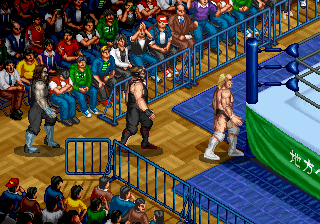

His voice has the cadence of an Irish accent without the pronunciation, quick and gruff.īut he instantly dissolves any intimidation with shyness and warmth. His tattoos-many, I think, until Bautista explains that it’s actually just three tattoos that are mostly connected-explode from a gray tank. He’s wearing a black beanie pulled low over his brows and ears, so he appears to be all face. In a hotel in Serbia in September, after a long day in production for the second Knives Out film, Bautista does look a little intimidating. I may look like that guy, but I’m not that guy.” So that’s why I’ll take an extra minute with somebody to show them I’m just not that guy. “I joke and say I look like I got out of prison yesterday.

That said, at six-foot- gahhhh!, he is noticeably huge and has his own distinctive appearance. And he just really focused on my performance, and he made people see me in a different light.” Bautista loves that you can get by as an actor by looking interesting, versus by having the Look. While he acknowledges that sometimes his body is what gets him noticed or helps people see him in certain parts, “I didn’t want to be the guy coming from wrestling,” he says, “taking these easy action roles and just kind of pumping up and putting baby oil on my arms.” Then he adds, earnestly and with a shrug, “I really fell in love with acting.”īautista imprinted on Villeneuve while playing a small part in 2017’s Blade Runner 2049, he says, because “with Denis, he took away-stripped away-all my physicality for that role. But when we meet by Zoom in September, he is trending toward yet another crescendo in his second-or is that third? or fourth?-act.įollowing a successful career as a dramatic athlete, he has managed to show audiences that he’s more than just his (chiseled, powerful, massive) physique. Sometimes, as in the case of his SmackDown debut, he was disappointed. In his early days as a wrestler, Bautista often felt like he was on the cusp of something grand. But now, at 52, he doesn’t want a career built around his body anymore. When his character later feuded with D-Von and he began wrestling as Batista-he believes WWE was unable to trademark his actual surname, so it simply dropped the u and trademarked that-Bautista’s body made him a champion.

Maybe the lesson was just that wrestling owns you. They were doing it by taking away what I’d always relied on, my body, and forcing me to learn how to work the crowd with other tools.” Maybe there was a lesson, and maybe that was it. In Batista Unleashed, his 2007 memoir, he ascribed significant intent to the casting: “They wanted to force me to learn how to work. His body was his identity, and he felt the character had robbed him of that.

Bautista felt ridiculous as Deacon Batista, carrying around a cashbox in a mutilated suit.


 0 kommentar(er)
0 kommentar(er)
